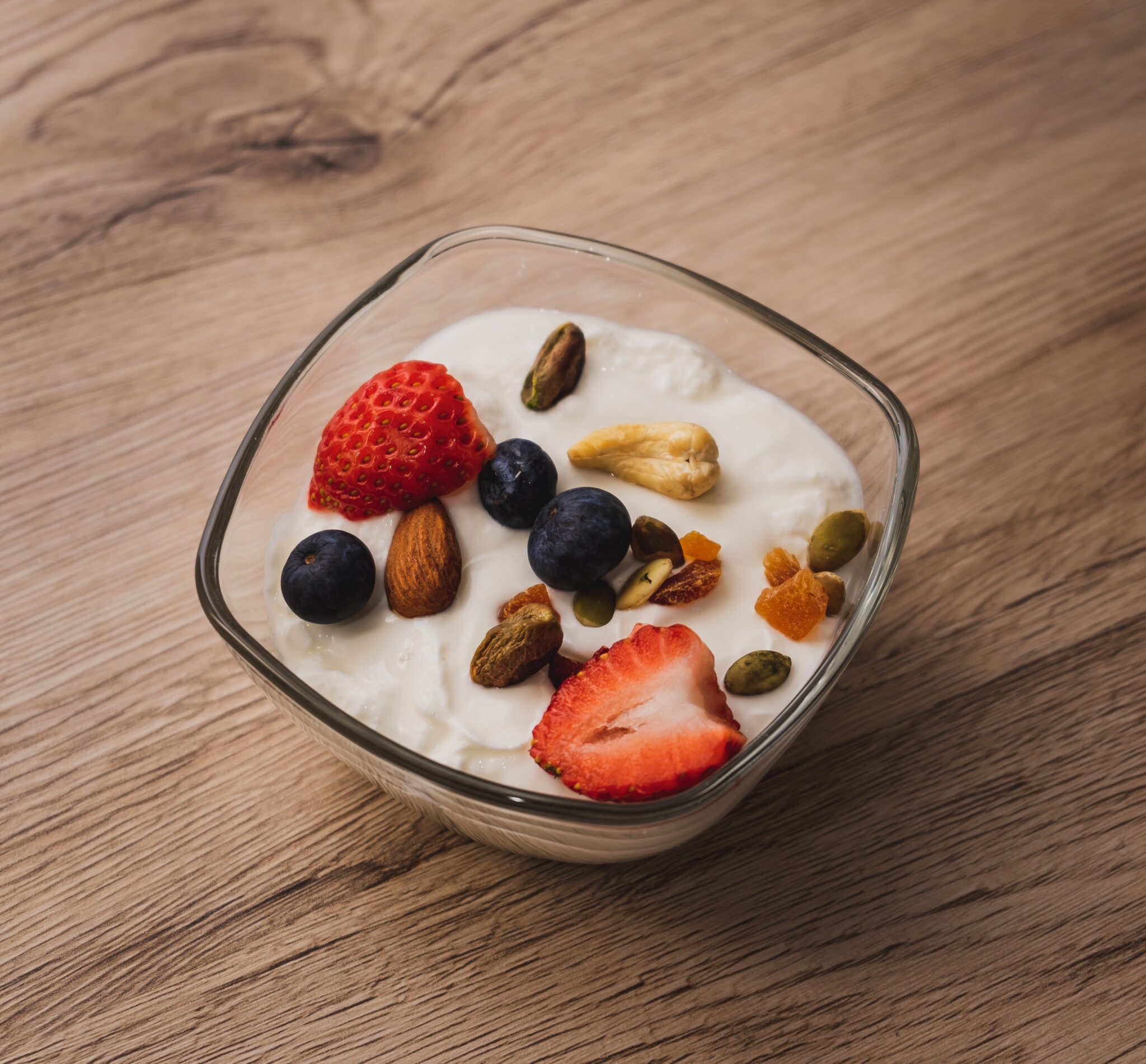The connection between gut health and mental health
with Peggy Fisher, our Functional Nutritionist
Did you know that what we eat can affect our mood and how we feel? Interestingly, there is a connection between a healthy and diverse microbiome, the bacteria in our gastrointestinal system, and our mood. Newer research focuses on the microbiota-gut-brain axis – the connection between your gut, its bacteria, and your brain. The trillions of gut microbes are more closely connected to our mood that we have realized in the past.
How so?
Gut microbiota help by producing neurotransmitters – molecules that communicate with our brain including serotonin, dopamine, and melatonin. In fact, the majority of serotonin is produced in our gut! Inflammation in the gut caused by poor diet, alcohol, or an imbalance in bacteria species can interfere with this process, reducing the production of serotonin and other neurotransmitters.
Studies have shown that those with depression and anxiety often have an altered microbiome. But does it work the other way around? Can changing our microbiome affect our mood and anxiety levels? Yes – there is exciting research in both animals and humans showing that changing gut microbiota through diet and probiotics can improve brain neurochemistry and mood.
So, what can you do to nurture your own healthy microbiome?
Probiotics are one way to change bacterial composition in the gut, and there are specific strains that target mood enhancement. While probiotics can be helpful, diet is the factor that has the largest influence on our microbiome.
The best way to nurture a healthy gut microbiome is by eating a diet that is rich in colorful plant-based foods such as vegetables, fruits, whole grains, legumes, nuts and seeds, while minimizing sugar, processed and fried foods, and alcohol. Studies have consistently confirmed that a healthy diet can improve depression and anxiety symptoms, and that changes in diet can result in small shifts in microbial composition within just a day.
Foods that are high in omega 3 fatty acids like salmon or other cold-water fish, nuts, and seeds are specifically helpful in fighting depression. High fiber foods like berries, broccoli and beans are beneficial by providing fiber that feeds a healthy microbiome.


Love this. Sharing. Thanks.